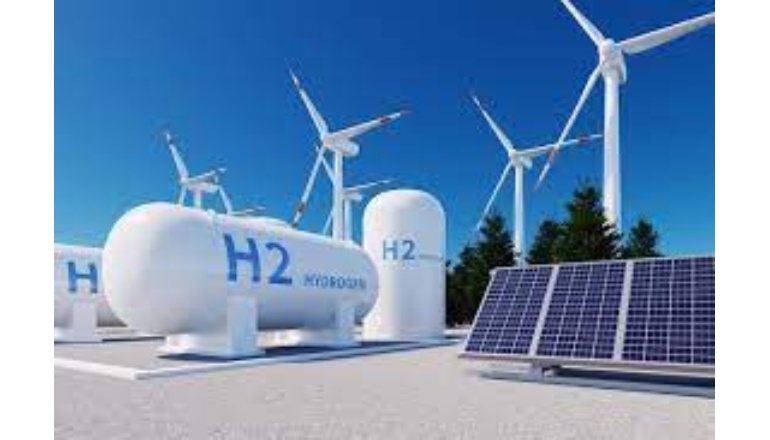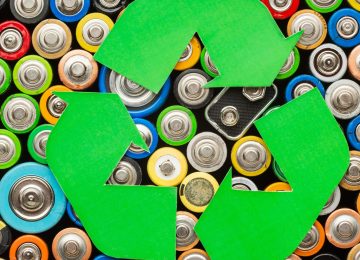Delta Electronics has signed a GBP43 million long-term collaboration agreement with Ceres Power Limited, involving technology transfer and licensing to access Ceres’ Hydrogen energy stack technology portfolio.
Through the partnership, Delta aims to develop soft oxide fuel cell (SOFC) and solid oxide electrolysis cell (SOEC) systems for hydrogen energy applications. These systems will enhance the green solutions and enable applications across the steel, chemicals, energy, and transportation industries.
Delta’s plans:
The company is planning to establish a net-zero science laboratory to develop state-of-the-art zero-carbon technologies, such as hydrogen energy, and to enhance its R&D capabilities in related application fields at its Tainan manufacturing complex.
This is in addition to licensing key energy stack technologies. With the assistance of Ceres’ engineering services, Delta plans to implement production line integration and product development at its Tainan plant between 2024 and 2026.
To give its clients a more complete and adaptable low-carbon infrastructure offering, Delta plans to further integrate its array of smart energy solutions, such as microgrid applications and energy management platforms, with these hydrogen energy systems.
The Ceres stack tech fit:
Both SOFC and SOEC rely on Ceres’ stack technology. When used in conjunction with hydrogen or methane, SOFCs can produce heat, water, and electricity through chemical reactions.
Compared to centralized gas-fired power generation units, which have an efficiency of roughly 40–50%, it has a power generation efficiency of roughly 60%, and with a heat recovery system, it can even reach 85%. SOFC can prevent power transmission loss and other unforeseen unstable factors during the transmission and distribution process because it can be built close to areas where electricity is needed. It is therefore ideal for establishments that need consistent power, the companies said in a joint press release.
When combined with industrial processes, SOEC technology can produce hydrogen up to 25% more efficiently than current low-temperature technologies.
Green hydrogen produced by this technology using electricity from renewable sources would be ideal for decarbonizing several industries, such as chemical and steel, which aim to eventually reduce carbon emissions by substituting fossil fuel-based materials in their processes. With the help of carbon capture technology to supply its carbon sources, green hydrogen is also a crucial component in the production of carbon-neutral e-fuels. In the net-zero transition, e-fuels are substitute energy sources for internal combustion engines (ICE) in ships and airplanes.
Quotes:
Ping Cheng, CEO, Delta, said, “Hydrogen has high heating value and zero CO2 emission potential characteristics, and thus, will play a crucial role in the global transition towards net-zero. By leveraging Ceres’ expertise in solid oxide stack technology and our industry-leading technologies in power and thermal management, Delta will enrich its infrastructure solutions portfolio by delivering high-efficiency SOFC and SOEC systems for our customers worldwide, further contributing to global carbon reduction targets.”
Phil Caldwell, CEO, Ceres, said, “We believe Delta can deliver efficient clean hydrogen solutions for its customers utilizing both our SOFC and SOEC technologies. Green hydrogen has a key role to play in delivering a more secure and sustainable future energy system and we have taken this first step towards what promises to be a strong collaboration with Delta to accelerate the industry globally.”









